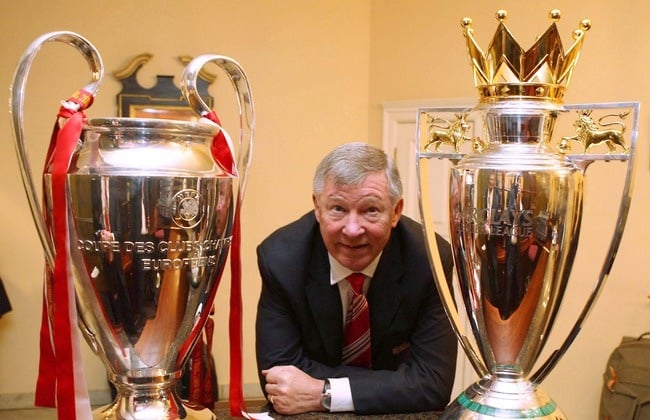 |
Coach Ferguson was once a symbol of MU's success. |
Manchester United has just suffered another shock in their already disappointing journey. The 1-3 loss to Brentford in round 6 of the Premier League not only caused the "Red Devils" to drop to 14th place in the rankings, but also exposed their complete inferiority against a mid-level opponent. This is not surprising because since the beginning of the season, MU has also lost to Grimsby - a fourth-tier team in the Carabao Cup.
Amorim's disillusionment is like Ten Hag's disillusionment
However, what makes fans sad is that the atmosphere of expectation that was once blown up when Ruben Amorim arrived at Old Trafford is gradually fading, just like what fans experienced under Erik ten Hag before. Fans are starting to realize that a new coach, no matter how famous or modern football philosophy, will hardly be able to change the situation when the roots of MU's problems have been ingrained for many years.
After the defeat at Gtech Community Stadium, there were sighs everywhere. Fans had hoped that Amorim would bring a breath of fresh air, recreating the fast and passionate football style of Sporting Lisbon.
But after a year and hundreds of millions of pounds poured into strengthening the squad, the harsh truth was revealed: MU lacked clear ideas in attack, the midfield was disjointed, and the defense system was so loose that Brentford could easily penetrate.
With a current 14th-place finish, the notion of “getting back to the top” is almost a slogan, and so the disappointment with Amorim quickly rekindled the sense of disillusionment seen during Ten Hag’s tenure – a promising start, but one that quickly fell apart when confronted with the harsh realities of the Premier League.
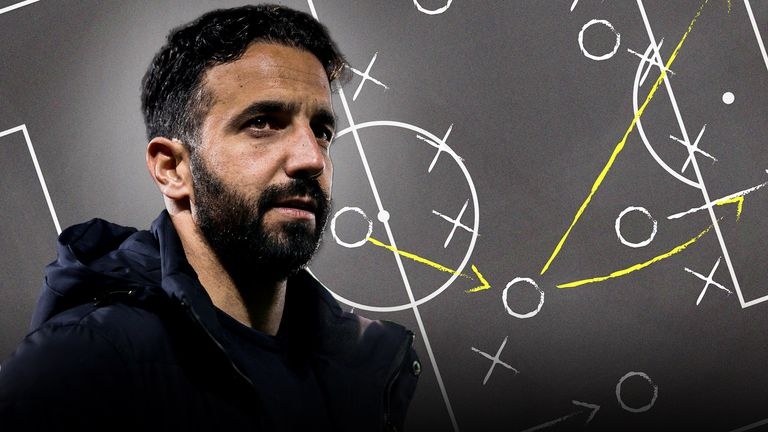 |
Amorim is also helpless with MU. |
In that context, many people look back to the past, where Sir Alex Ferguson was considered the eternal savior. But that may just be a sweet illusion. In fact, David Moyes - Ferguson's successor in the 2013/14 season - saw the naked truth.
At that time, MU was in a terrible decline and Moyes frankly admitted that the team needed to improve in all aspects. Man Utd's Twitter at that time wrote: "David Moyes said that MU needed to improve in many aspects, including passing, creating chances and defending".
The post that was met with a strong backlash from Man Utd fans back then has become a symbol of the club’s overall decay after its golden era. Many people mocked Moyes for his obviousness, but in the end, he was just stating what even Ferguson had seen.
Ferguson would fail even if he were in charge at the present.
It was no coincidence that Ferguson retired in 2013. He understood that MU had reached the end of a successful cycle. The squad was aging and his ideas were running out, while the big rivals in Europe were entering a period of tactical revolution.
Unlike many other “living legends” of other clubs, Ferguson did not accept the role of “retired emperor” as a technical director to intervene in the next generation. It was a conscious decision: he understood that his era was over, and whoever succeeded him would have to face a harsh truth - Manchester United was entering a period of decline.
In fact, Ferguson’s final years saw a growing gulf between United and the new crop of young, innovative managers. The two defeats to Barcelona in the 2009 and 2011 Champions League finals were clear warnings.
Pep Guardiola’s team then played almost perfect football: control, pressing, synchronised movement and constant creativity. Ferguson’s MU, despite their experience and bravery, were completely helpless against that power. If 2009 could still be considered a surprise, then in 2011, the total defeat at Wembley clearly showed that football was entering a new era.
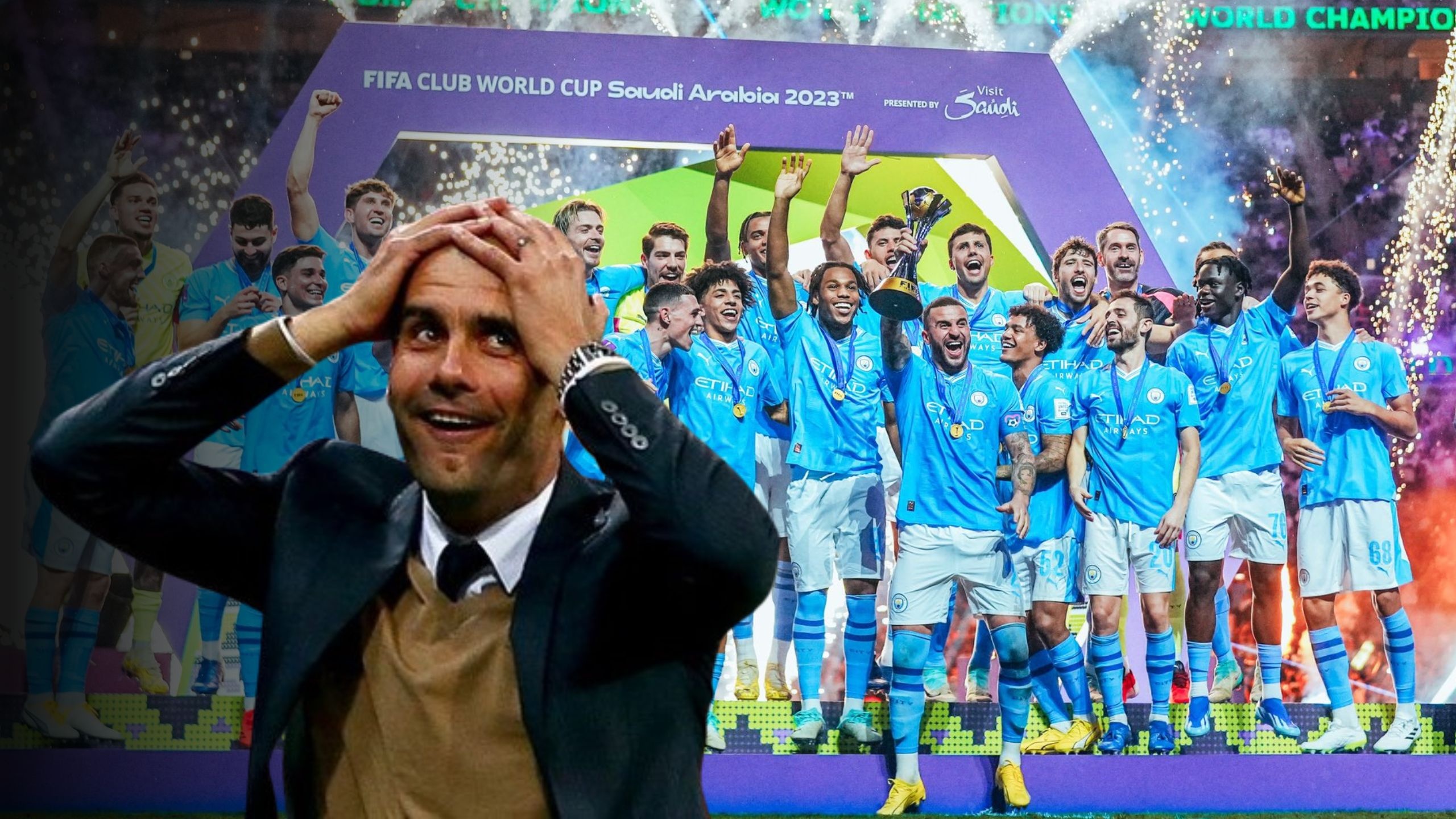 |
Guardiola is struggling to adapt to the current football environment. |
Guardiola then brought the Barcelona philosophy to the Premier League, turning Man City into a near-unstoppable force. Manchester United have changed managers many times over the past decade, but no one has been able to recapture their former status.
It is worth noting that even Guardiola - the master of modern football - is facing a new challenge from a younger generation of coaches: Mikel Arteta brought Arsenal back to the top with his flexible pressing and control tactics; Arne Slot impressed Liverpool with his organization and creativity; Enzo Maresca is helping Chelsea build a promising style of his own. If Guardiola is still struggling to maintain his dominance against those young minds, then even if Sir Alex suddenly rejuvenated and returned, he would not be able to "save" Manchester United.
Over the past decade, the world of football has changed dramatically. A new era of football, where creativity, data science and systems reign supreme.
Successful managers of the past are unlikely to adapt to find success today. So even if Sir Alex Ferguson were to return, he would have to face the same reality that Guardiola, Jose Mourinho, Carlo Ancelotti or any other top manager is experiencing: the next wave will crush the previous wave.
What Ferguson left behind now only exists in museums. But modern football does not allow a club to live in the past. Manchester United needs to rebuild from the roots - from the operating mechanism, the sports structure, the training system to the strategic vision - instead of living on golden memories.
To rise again, they must dare to accept that Ferguson’s success is a thing of the past in an old world. That reality may be painful, but it is the first step to rebuilding and finding success with a different identity.
Source: https://znews.vn/alex-ferguson-tro-lai-cung-bat-luc-voi-man-utd-hien-tai-post1589161.html


![[Photo] Hanoi morning of October 1: Prolonged flooding, people wade to work](https://vphoto.vietnam.vn/thumb/1200x675/vietnam/resource/IMAGE/2025/10/1/189be28938e3493fa26b2938efa2059e)


![[Photo] Keep your warehouse safe in all situations](https://vphoto.vietnam.vn/thumb/1200x675/vietnam/resource/IMAGE/2025/10/1/3eb4eceafe68497989865e7faa4e4d0e)
![[Photo] President of the Cuban National Assembly visits President Ho Chi Minh's Mausoleum](https://vphoto.vietnam.vn/thumb/1200x675/vietnam/resource/IMAGE/2025/10/1/39f1142310fc4dae9e3de4fcc9ac2ed0)

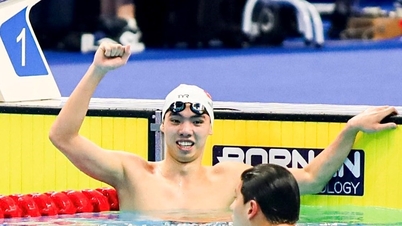














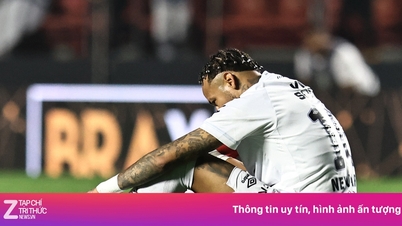
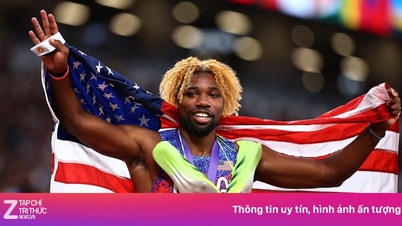
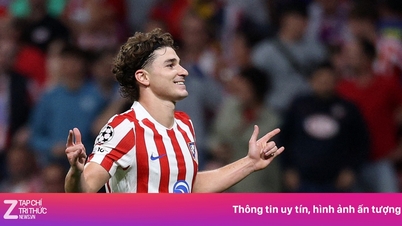


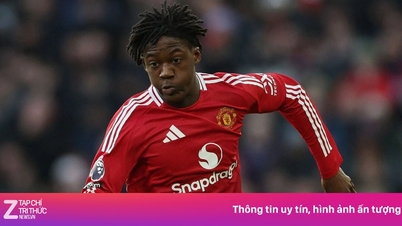






























































Comment (0)